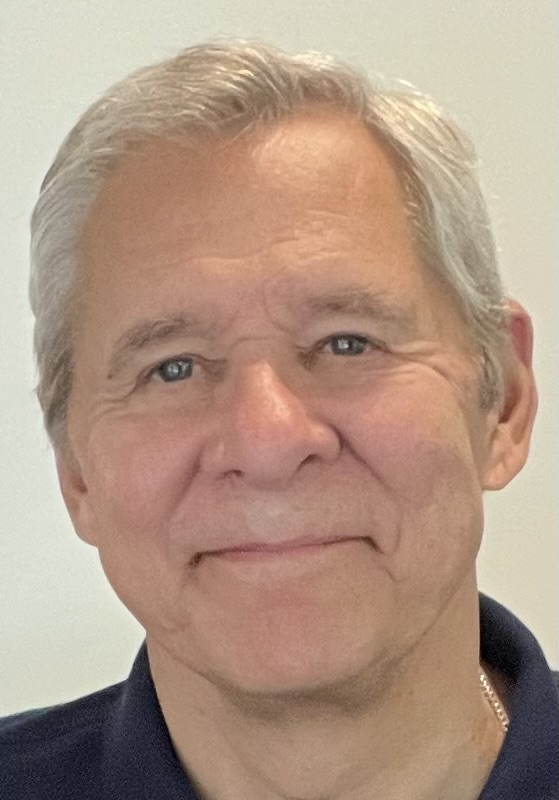
While comedy allows us to laugh at our shared frustrations in life, like the issue issue of technical conundrums, those are minuscule problems next to the challenges of reentering after a long prison sentence. Reentrants don't have a "password."
William Bumphus II was raised on the west side of Indianapolis in dire poverty. He has been arrested 23 times, has been sentenced to three prison terms and many jail terms in Indiana. Today, he has a Doctorate in Divinity, has traveled to more than 550 prisons around the world.
"I remember the sinking feeling when the mail cart would pass my cell. The squeak of the wheels passing reminded me that I did not matter to a single person outside that concrete box."
—Anonymous
After the execution of Joseph Corcoran this month, we examine the problem of unmedicated and untreated mentally ill people that commit murder and other crimes and pool in our federal and state prisons, which are overwhelmed with the care and treatment they were never designed to provide.
"After doing 23 years in prison so many connections were just gone..."
—Jessie Rosbia
"After being released years ago, I was still a prisoner in my own mind without much needed help"
—Phillips Hollowell
"Easter isn't about colored eggs and bunnies for people in prison…"
—Chuck Colson, founder of Prison Fellowship
"The link between academic failure, violence, and crime
is welded to reading failure" --The Department of Justice
Studies show that 66% of students who cannot read proficiently by the end of the fourth grade will end up in jail or on welfare. Like so many things in life, one event, one experience that happened or didn't, can change a life. When learning to read well didn't happen, that life is at risk.
"Prisons are woefully ill-equipped for their current role as the nation's primary mental health facilities." —Jamie Fellner
Jamie Fellner is senior counsel for the United States Program of Human Rights Watch, which often deals with issues of the maltreatment of prisoners in the U.S.These are generally episodes against an incarcerated individual in a singular situation. But today with U.S. prisons and jails overflowing with a growing population of people with mental illness...
"I got 16 years to life." —Pastor Jeff Osborne
Jeff Osborn is a pastor who talks candidly about surviving prison and turning his life around. He was a kid, an army brat in a loving family who went to church, believed in God, and was brought up to come under authority. But one day, when he was about 11, "Some men came to our house and told us we had two hours to get out...